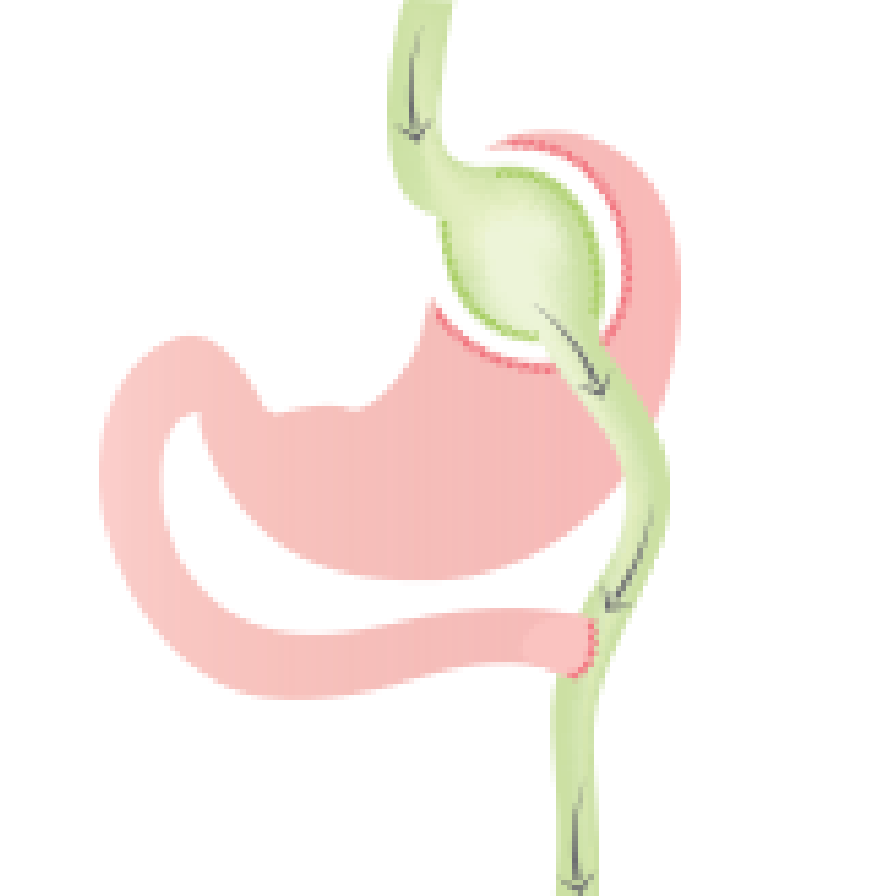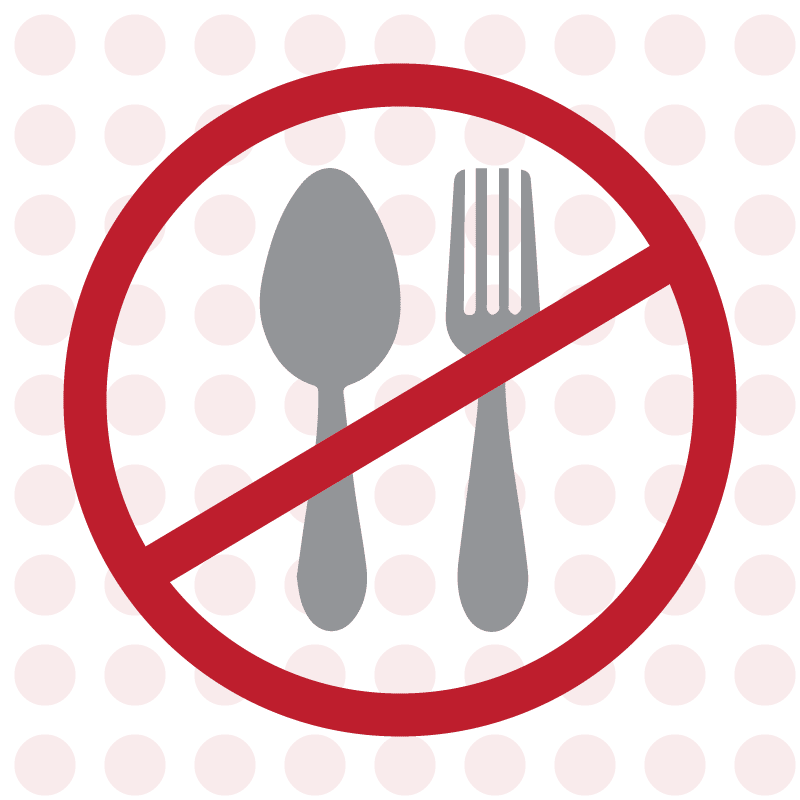
What is Laparoscopic Gastric Bypass?
There’s nothing more discouraging than feeling like you’ve run out of weight loss options. If you’ve tried it all, but seen no sustainable results, you should consider laparoscopic gastric bypass in New Jersey. This surgical procedure reduces the size of the stomach and reconnects the small intestine to the newly created small stomach pouch. This shortens the digestion tract so that patients feel full faster. and can more easily lose excess weight The gastric bypass procedure is one of the most effective weight loss surgery procedures, along with gastric sleeve surgery.
Gastric bypass patients must meet certain criteria including, but not limited to:
- Must be 18 or older
- Body mass index/BMI of 40+ or BMI of 35
- Serious weight-related illnesses like high blood pressure or heart disease
Advantages
- Restricts the amount of food that can be consumed
- Produces significant long-term weight loss (60 to 80 percent excess weight loss)
- Typical maintenance of >50 percent excess weight loss



Recovery
- Recovery time may vary depending on the size of the incision.
- It is common to experience soreness in the days following surgery. Many hospitals will offer patient-controlled analgesia (PCA).
- Walking will help relieve any gas that may be causing discomfort.
- After being discharged from the hospital, be sure to follow any instructions given to you by your doctor.
Frequently Asked Questions
|
[inject-faq cat=’Bariatric Surgery’ sub_cat=’Laparoscopic Gastric Bypass’] |




